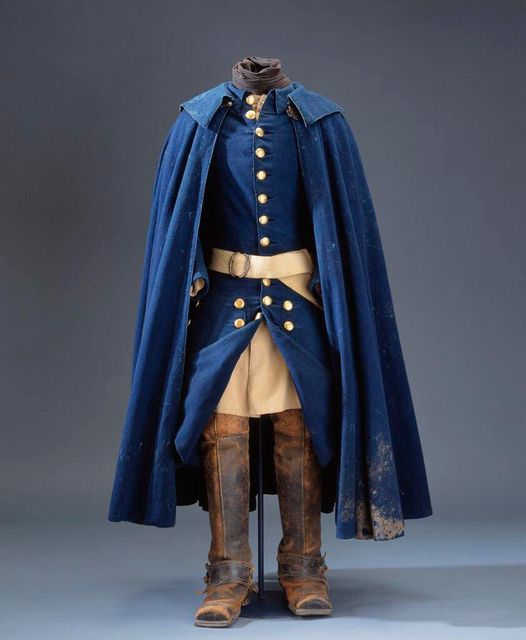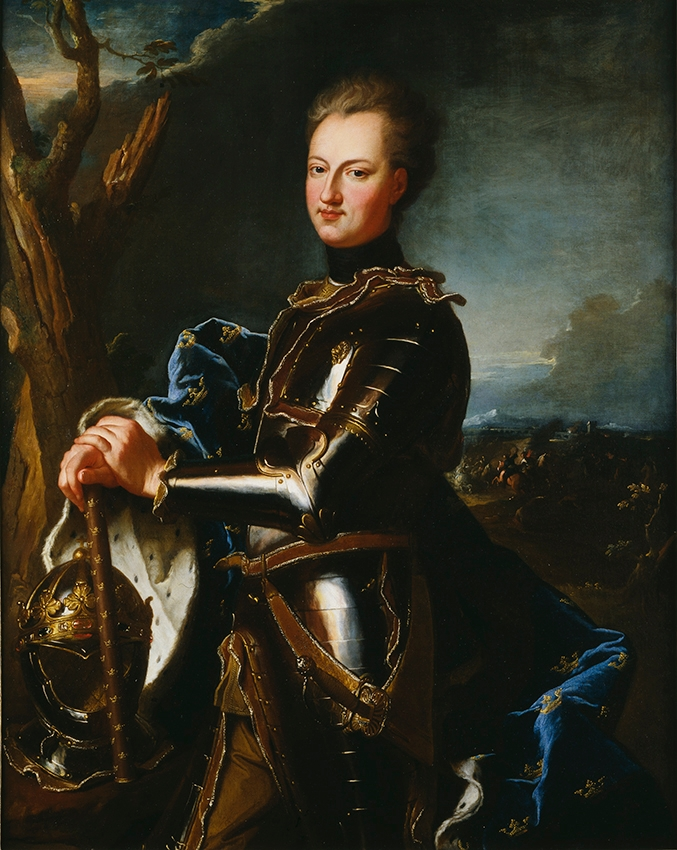At about nine o’clock on the night of November 30th, 1718, as Charles XII was inspecting sapping operations from a forward trench before the Norwegian fortress of Fredrickshall, a bullet traveling at high speed entered his left temple and passed clean through his skull. He died instantaneously. Who fired the bullet?

This question, asked within hours of his death, has ever since been exercising the minds of scholars, especially in Sweden, and during the last half century has given rise to keen, sometimes acrimonious debate. In its simplest form, the debate is whether or not Charles XII was killed by a bullet from one of his own men. Both sides draw on two main types of evidence: historical evidence based on contemporary accounts, and the results of modern research in such diverse fields as folklore, ballistics, and forensic medicine. The intention here is to give a review of this overall evidence so that the reader may be his own jury in resolving the mystery of Charles XII’s death.
Biography of King Charles XII
Charles XII of Sweden (1682-1718), also known as Carolus Rex, was the King of Sweden from 1697 to 1718. He was born on June 17, 1682, in Stockholm, Sweden, to King Charles XI and Queen Ulrika Eleonora. Ascending the throne at the young age of 15, Charles XII is best known for his military leadership during the Great Northern War.

Early Reign: Charles XII’s early reign was marked by the consolidation of power and efforts to strengthen Sweden’s military. Despite his youth, he quickly proved to be a capable and determined ruler. His reign began during a period of relative peace, but this soon changed with the outbreak of the Great Northern War in 1700.
The Great Northern War: The Great Northern War was a conflict in which Sweden faced a coalition of several countries, including Russia, Denmark-Norway, and Saxony-Poland. Charles XII demonstrated exceptional military skill, securing several early victories, most notably at the Battle of Narva in 1700, where his outnumbered forces defeated the Russian army.
Campaigns and Battles: Charles XII’s military campaigns took him across Europe. He led his army into Poland and Saxony, deposing Augustus II and installing Stanisław Leszczyński as king. His most ambitious campaign, however, was the invasion of Russia in 1708. This campaign ended disastrously with the Battle of Poltava in 1709, where his army suffered a crushing defeat at the hands of Peter the Great.
Exile and Return: After the defeat at Poltava, Charles XII sought refuge in the Ottoman Empire. He spent several years in exile before returning to Sweden in 1715. Despite the setbacks, he continued to fight to preserve Sweden’s territorial holdings and influence.
Death: Charles XII’s reign came to an abrupt end on November 30, 1718. While inspecting sapping operations at the Norwegian fortress of Fredriksten, he was struck by a bullet that entered his left temple, killing him instantly. The circumstances surrounding his death remain a subject of debate and mystery.
Legacy: Charles XII is remembered as a brilliant but controversial military leader. His relentless pursuit of military glory and territorial expansion ultimately led to Sweden’s decline as a great power in Northern Europe. Nevertheless, his bravery and strategic acumen have left a lasting legacy in Swedish history and folklore.



